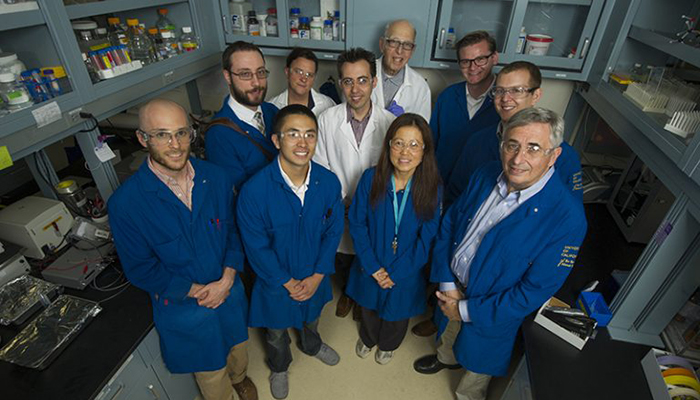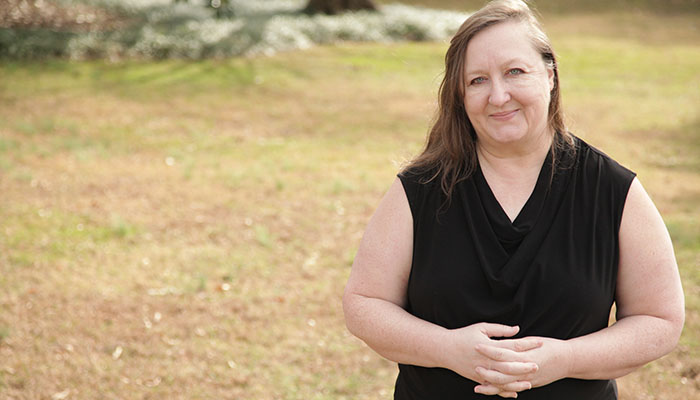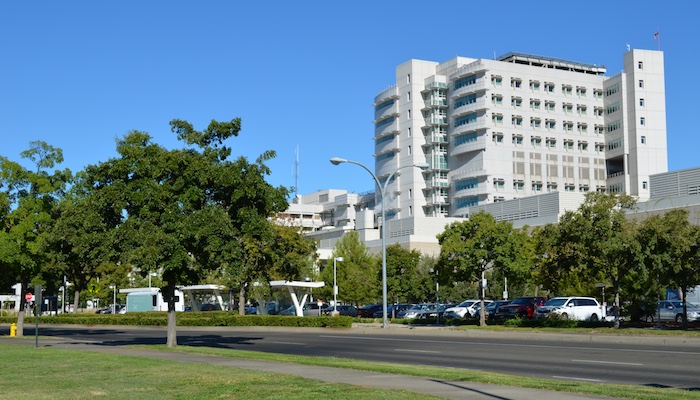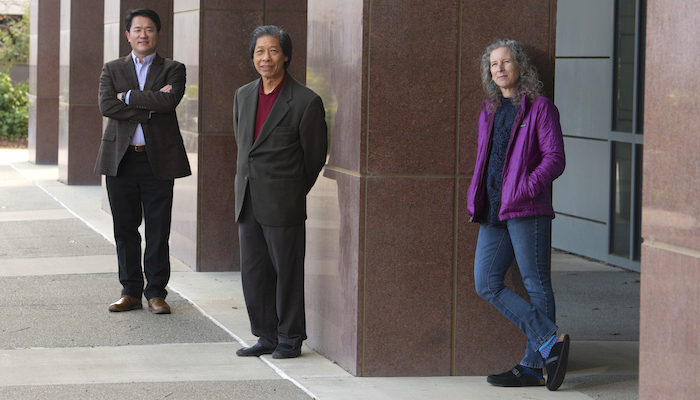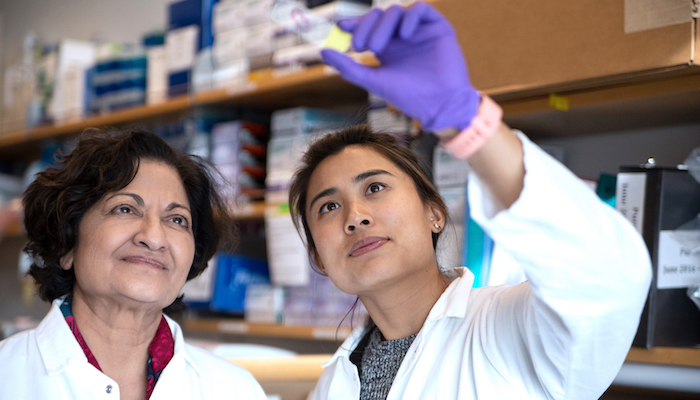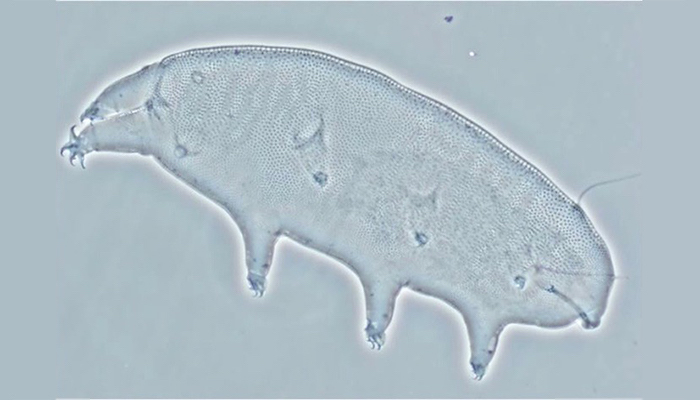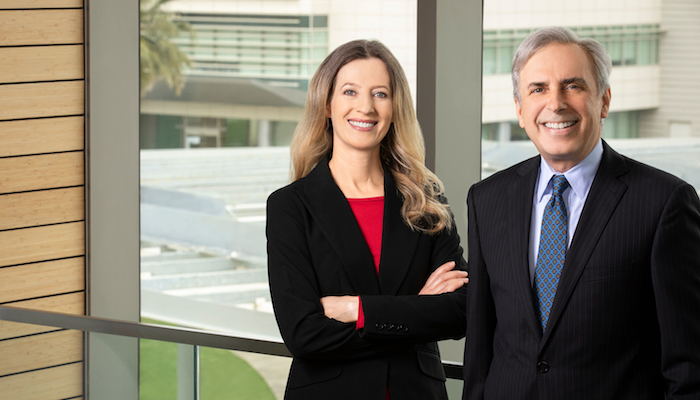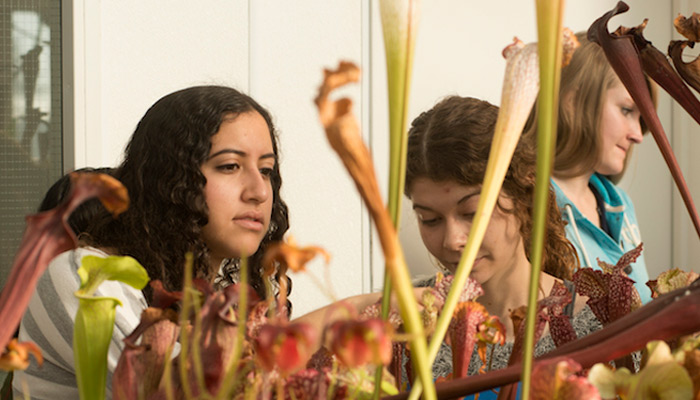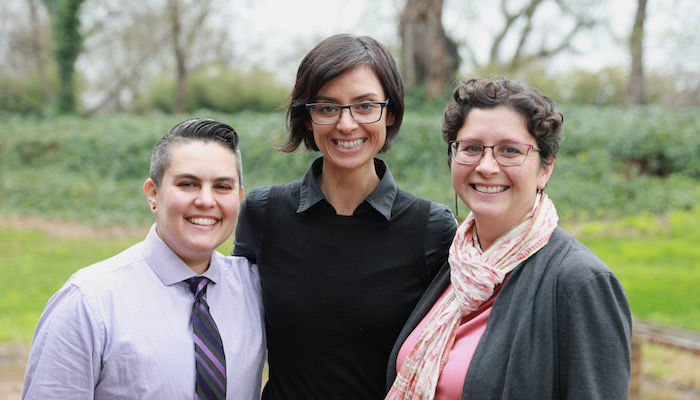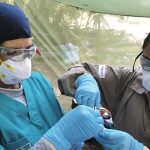UC Davis and BASF Announce Collaboration on Development of New Microencapsulation Technology
FLORHAM PARK, NJ and DAVIS, CA, November 2, 2016 – BASF and University of California, Davis (UC Davis) entered into a collaborative research agreement to investigate a patent- pending microencapsulation technology. Developed in the lab of University Associate Professor of Biological and Agricultural Engineering, Tina Jeoh, the technology protects and improves the performance and delivery of active compounds for broad applications, including industrial, agriculture and cosmetics.
The technology combines multiple, energy-intensive processing steps into one industrially efficient and scalable spray-drying step. This encapsulates active ingredients in Cross-Linked Alginate Microcapsules (CLAMs). As part of the project, the teams will tune the physical and chemical properties of the CLAMs to optimize protection and shelf-stability of biologically active compounds.
“As a leader in life sciences and a premier agricultural university, the interests and assets of UC Davis complement those of BASF,” said Dushyant Pathak, associate vice chancellor for Technology Management and Corporate Relations at UC Davis. “With mutual interests at the intersection of life sciences and engineering, the UC Davis-BASF collaboration helps bring forward the commercial benefits of transitional research in these areas.”
“Innovation and sustainability are main success factors for BASF’s long-term growth. In the highly competitive innovation environments we now face, collaboration with external partners such as UC Davis is crucial,” said Michael Pcolinski, Vice President Advanced Materials and Systems Research at BASF. “Our goal is to leverage external expertise to match current and anticipated needs.”
BASF and UC Davis have a long-standing relationship dating back nearly 20 years in areas of mutual interest such as plant sciences, food science and technology, biological and agricultural engineering, and the health system. BASF and UC Davis have also teamed together to help train future scientific leaders through the involvement of graduate students and post-docs in these types of collaborative research efforts.
The research agreement is an outcome of the California Research Alliance (CARA) that BASF has formed in 2014. It brings together BASF experts with researchers from widely varied science and engineering disciplines from the University of California, Berkeley, UC Davis, University of California, San Francisco, Stanford University, and the University of California, Santa Barbara.
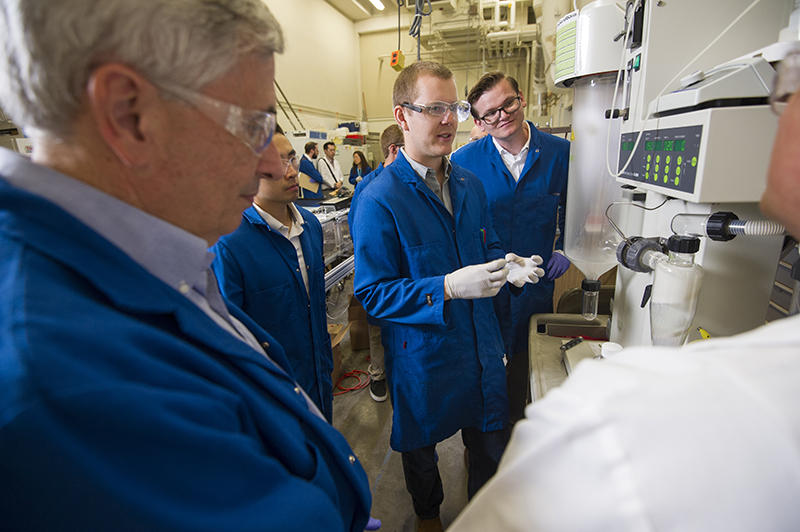
About BASF
BASF Corporation, headquartered in Florham Park, New Jersey, is the North American affiliate of BASF SE, Ludwigshafen, Germany. BASF has nearly 17,500 employees in North America, and had sales of $17.4 billion in 2015. For more information about BASF’s North American operations, visit www.basf.us.
At BASF, we create chemistry for a sustainable future. We combine economic success with environmental protection and social responsibility. The approximately 112,000 employees in the BASF Group work on contributing to the success of our customers in nearly all sectors and almost every country in the world. Our portfolio is organized into five segments: Chemicals, Performance Products, Functional Materials & Solutions, Agricultural Solutions and Oil & Gas. BASF generated sales of more than €70 billion in 2015. BASF shares are traded on the stock exchanges in Frankfurt (BAS), London (BFA) and Zurich (AN). Further information at www.basf.com.
About UC Davis
UC Davis is a global community of individuals united to better humanity and our natural world while seeking solutions to some of our most pressing challenges. Located near the California state capital, UC Davis has more than 34,000 students, and the full-time equivalent of 4,100 faculty and other academics and 17,400 staff. The campus has an annual research budget of over $700 million, a comprehensive health system and about two dozen specialized research centers. The university offers interdisciplinary graduate study and 99 undergraduate majors in four colleges and six professional schools.
Latest News & Events

